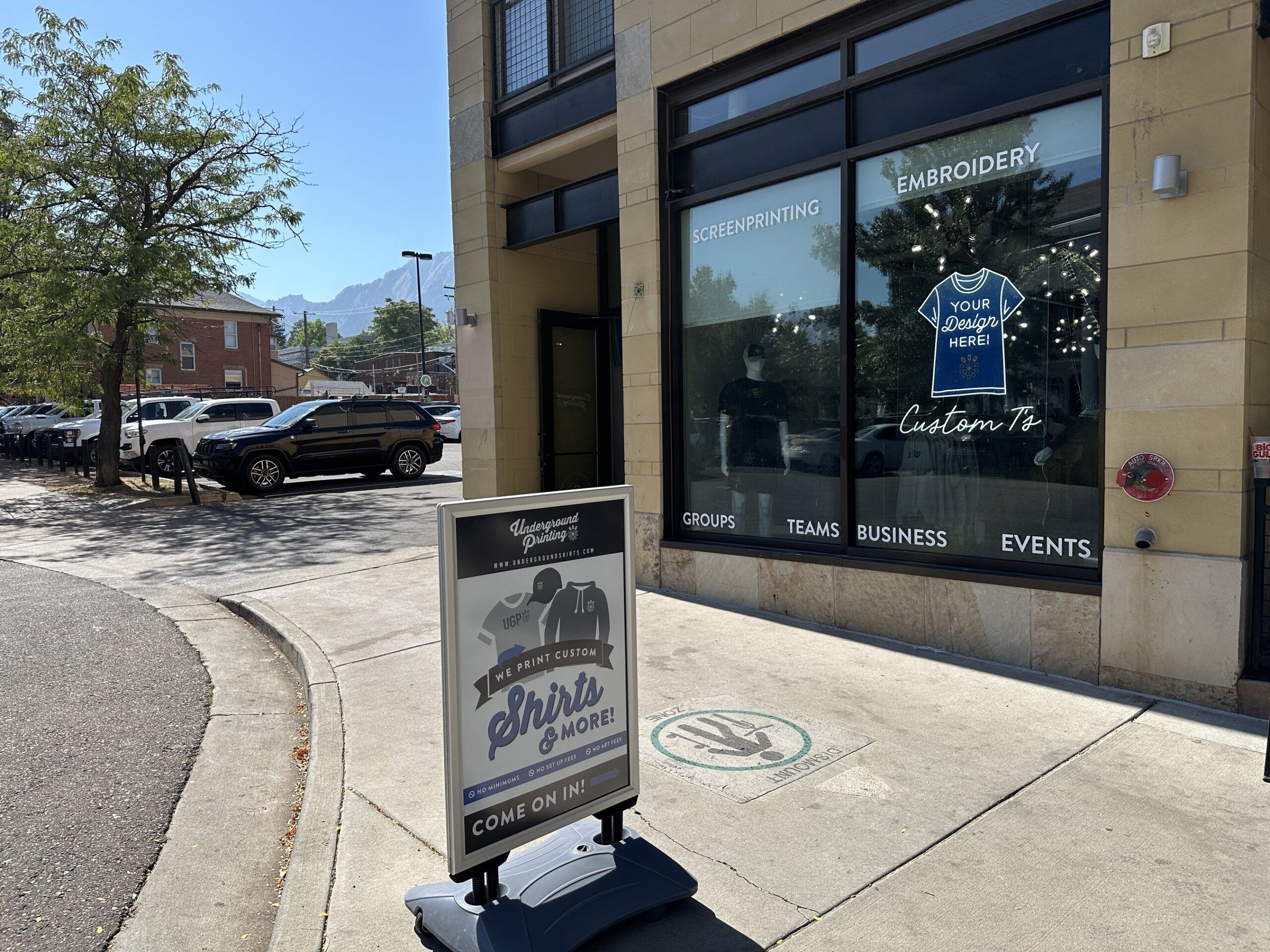Publisher’s Notebook: What’s next for retail apocalypse?
Nordstrom Inc. announced in early May that it would close 16 locations nationwide, including its store in Broomfield’s FlatIron Crossing mall.
Pier 1 Imports Inc. will wind down its retail operations, closing all stores nationwide, including stores in Fort Collins and Loveland. (The Boulder store was already announced for closure prior to the pandemic.)
JCPenney filed for Chapter 11 bankruptcy protection and will close 192 stores — 30% of its footprint — by the end of the year. It’s unclear whether that will include stores in Fort Collins or Greeley.
Tuesday Morning Inc., a discount home-goods retailer, also filed for Chapter 11 bankruptcy in late May, announcing plans to close 230 stores, more than a third of its outlets. The chain, which operates in Fort Collins, Johnstown and Longmont, has not yet announced the locations to be closed.
Prior to the COVID-19 pandemic, Macy’s Inc. announced plans to redevelop its store in Boulder, transforming most of the property into office space. It also has sold its Fort Collins building but says that store will remain open.
Many other closures have been announced in recent months. The long-described retail apocalypse is real, and it’s accelerating. Retailers for years have struggled to adapt to changing consumer shopping habits, with online outlets such as Amazon taking large shares of retail sales.
Now, with COVID-19 disrupting the global, national and local economies like nothing before it, retailers that already were struggling have been tipped over the edge. University of Colorado Boulder economist Brian Lewandowski said during a recent BizWest webinar that national retail sales among clothing stores had plummeted by almost 90% during March and April, with furniture and home-furnishing sales down almost 70%. The only segment that had seen increased sales was grocery stores, as shoppers stocked up on food and other supplies.
Some retailers, such as Pier 1, will be gone for good. Others might live on, but in a reduced size.
Retailers large and small now must adjust to a new reality, even as states such as Colorado begin a partial reopening. Consumers are hesitant to venture out. Restrictions continue to be in place, with retailers limited in terms of the number of customers who will be allowed in a given location. Face masks are mandated in many locations around the country. Retailers are shifting to touchless transactions. Shoppers must maintain social distancing.
When even national brands are struggling, what will be the fate of smaller, local retailers? We’ve already seen some small businesses shut down for good. Others are teetering on the brink, as they work through Paycheck Protection Program funds yet still are not able to fully reopen.
Inevitably, many more will succumb to the pandemic.
If a vaccine against the COVID-19 virus is developed soon, say, by the end of this year or early next year, those retailers that are well-capitalized, develop a solid online presence and make sure that customers feel safe in physical locations might be able to survive.
But it’s going to be a struggle, even in the best of circumstances, and retail will never be the same.
Christopher Wood can be reached at 303-630-1942, 970-232-3133 or cwood@bizwest.com.
Nordstrom Inc. announced in early May that it would close 16 locations nationwide, including its store in Broomfield’s FlatIron Crossing mall.
Pier 1 Imports Inc. will wind down its retail operations, closing all stores nationwide, including stores in Fort Collins and Loveland. (The Boulder store was already announced for closure prior to the pandemic.)
JCPenney filed for Chapter 11 bankruptcy protection and will close 192 stores — 30% of its footprint — by the end of the year. It’s unclear whether that will include stores in Fort Collins or Greeley.
Tuesday Morning Inc., a discount home-goods retailer, also filed for…
SPONSORED CONTENT


